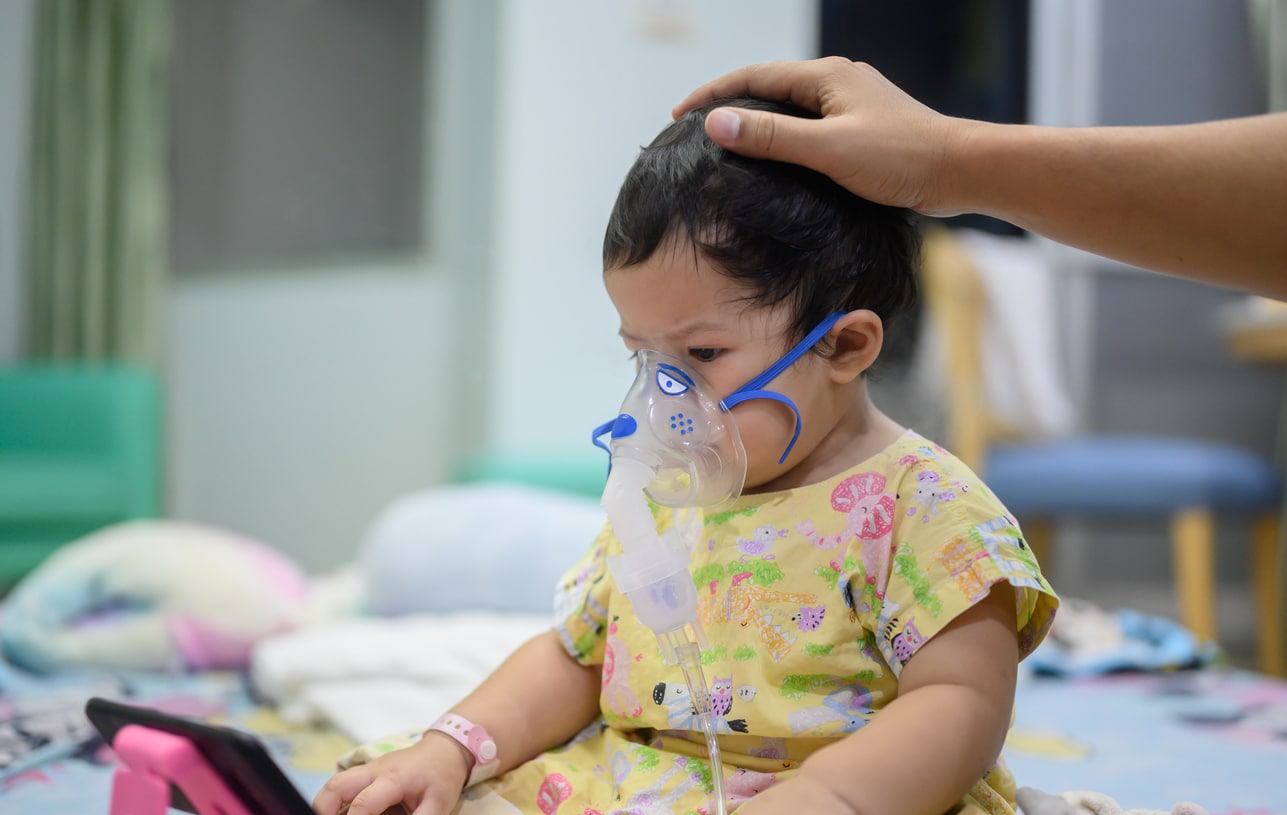RSV in children is a common condition, with many kids contracting the virus during RSV season. KidsStreet Urgent Care is here to inform you of the testing and RSV treatments in kids.
What Is RSV?
Respiratory syncytial virus (RSV) is a respiratory illness that mostly affects young children. RSV in kids is incredibly common, with the Centers for Disease Control and Prevention (CDC) stating that most children have had the virus by age 2.
This illness has a number of symptoms that affect the respiratory tract, including:
- Runny nose
- Trouble breathing
- Cough
- Fever
- Sneezing
- Congestion
Those with weakened immunity or a compromised immune system can be at high risk of severe RSV and complications. Common complications of RSV include:
- Ear infections
- Bronchiolitis
- Pneumonia
- Asthmatic symptoms
Testing For RSV in Children
Rapid RSV tests are used to diagnose this illness. They are administered by gently swabbing the inside of the nose. If your child is unable to do the swab test, the provider can also diagnose RSV by listening to their breathing sounds.
KidsStreet Urgent Care offers rapid RSV testing in our urgent care services for kids. We would love to help your child start healing and feeling better, fast!
It may be difficult to discern RSV from a common cold due to their similar symptoms; however, it is important to get your child tested as RSV can cause severe complications – especially in cases of children younger than 24 months of age. If your child has cold symptoms for more than five to seven days, take them to their provider, as they may have contracted the virus.
RSV Treatments in Kids
Treating RSV in children is similar to treating the common cold if the child does not have a severe case.
In many cases, RSV will get better on its own with just at-home treatment methods. Best practices for treating RSV infection include:
- Inhalers
- Nasal drops
- Ear drops
- Over-the-counter pain medication
- Cool mist humidifier
If you are struggling to treat your child’s RSV at home, consult with their provider to form a treatment plan.
Reducing The Spread Of RSV
RSV spreads via water droplets from the nose and mouth of an infected person. This means that it is extremely contagious, and your child could get it from anywhere.
Some of the best ways to reduce the spread include:
- Wash your hands and your child’s hands frequently
- Keep your child at home if they are experiencing RSV symptoms
- Limit contact with large crowds, especially during peak RSV seasons
Turn To KidsStreet Urgent Care
Is your child struggling with a case of RSV? KidsStreet can help!
To visit our clinic, register online! This will allow you and your child to wait from your home or vehicle until we are ready to see you. We’ll send you a text when it’s time to head to the clinic.
We love our walk-in patients and accept them daily! However, walk-ins are added to the same queue as those who register online. Please be aware that registering online ahead of your visit reduces in-clinic wait times.

